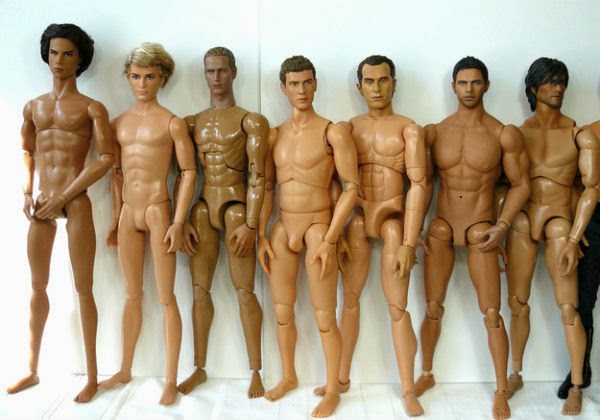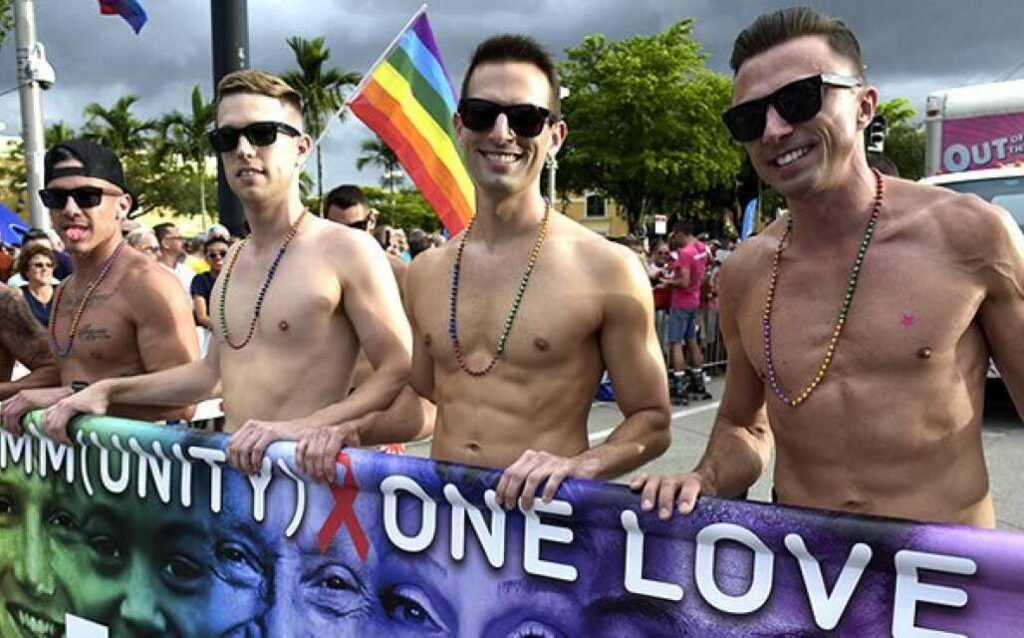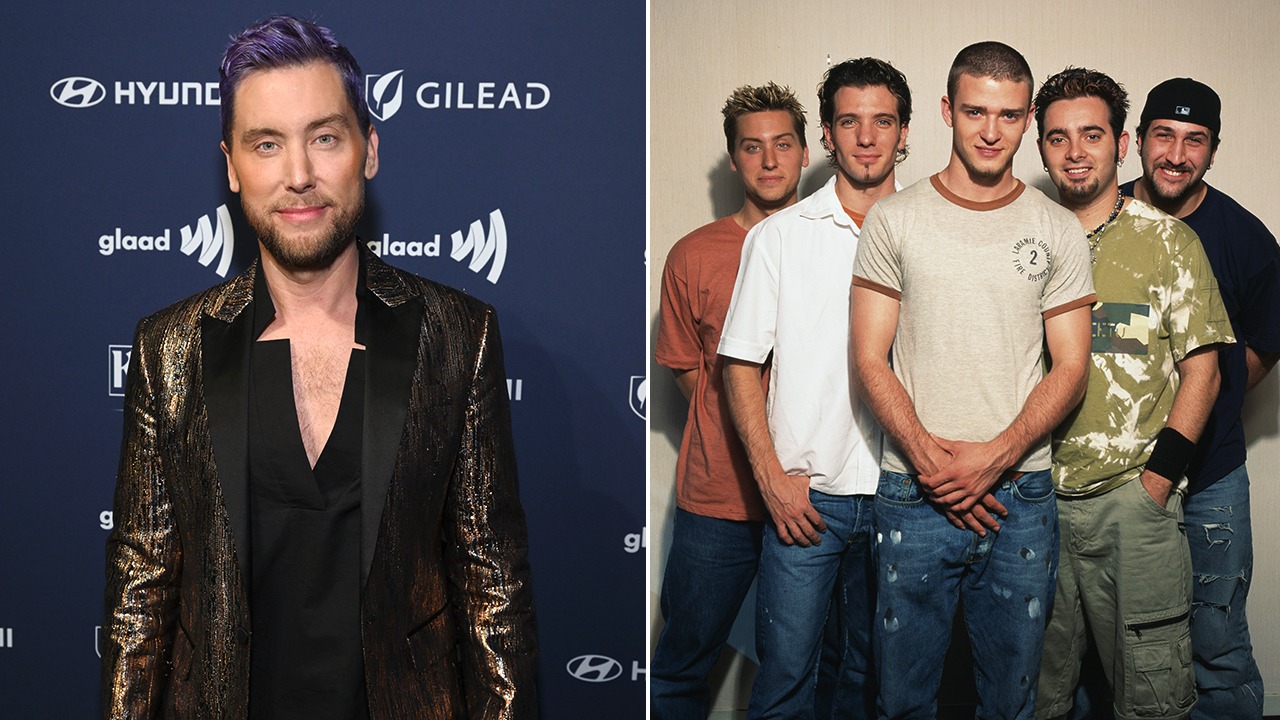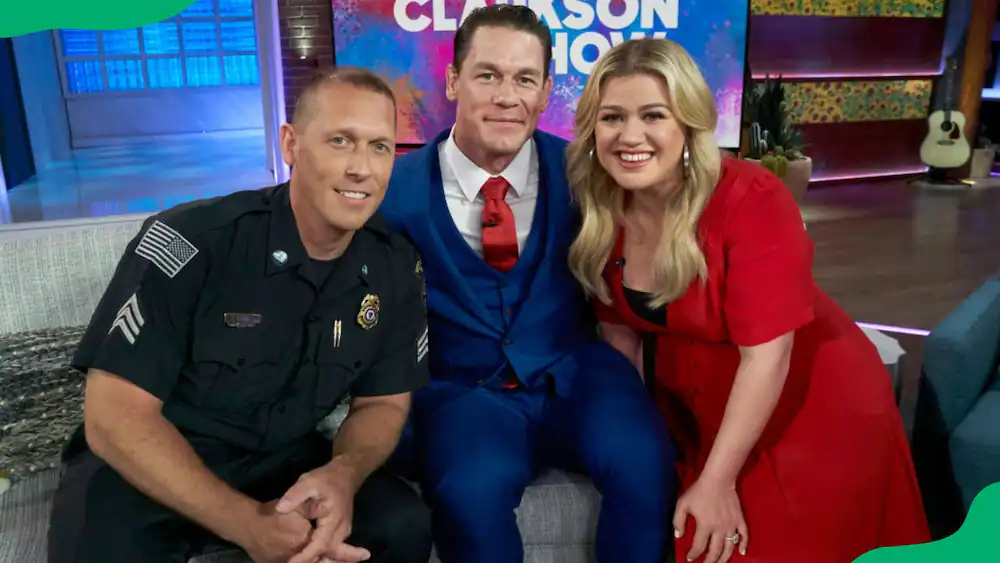Why LGBTQ+ Representation in Children’s Media Matters for the Future of Gay Men
Written by gaymennews • April 23, 2024

Positive LGBTQ+ representation in children’s media can combat negative stereotypes and improve mental health outcomes for gay men. By supporting diverse content and advocating for change, we can create a more inclusive society for future generations. #LGBTQ #RepresentationMatters #GayMenMentalHealth #ChildrensMedia #Inclusivity
As gay men, we understand the challenges of growing up in a society where our identities are often underrepresented or misrepresented in media. The lack of positive LGBTQ+ representation in children’s media can significantly impact the lives of gay men, shaping their self-perception and the way they navigate the world. In this article, we’ll explore:
- Why LGBTQ+ representation in children’s media is crucial for fostering inclusivity, acceptance, and empathy
- How it can contribute to a brighter future for gay men
The Power of Media in Shaping Gay Men’s Experiences
Media profoundly impacts our understanding of ourselves and our place in society.
The Negative Impact of Underrepresentation
For gay men, the absence of positive representations in children’s media can lead to:
- Feelings of isolation
- Shame
- Self-doubt
A study by GLSEN found that LGBTQ+ students who did not see positive representations of their identities in media were more likely to experience depression and low self-esteem.
The Benefits of Diverse Representations
However, research has shown that exposure to diverse representations in media can positively affect self-esteem, empathy, and acceptance of others. A report by GLAAD revealed that LGBTQ+ youth who saw themselves represented positively in media reported higher levels of self-esteem and resilience.
Relatable Challenges in LGBTQ+ Characters
Growing up, many gay men struggle with coming out, dealing with bullying, and navigating relationships. Positive LGBTQ+ representation in children’s media can provide much-needed validation and support during these formative years.
Shows like “Steven Universe” and “She-Ra and the Princesses of Power” have been praised for their portrayal of LGBTQ+ characters who face challenges similar to those experienced by gay men. These representations can help gay men feel less alone and more understood.

The Impact of LGBTQ+ Representation on Gay Men’s Mental Health
The lack of LGBTQ+ representation in children’s media can contribute to the challenges gay men face in society, such as discrimination, stigma, and mental health issues.
The Link Between Representation and Mental Health
Studies have shown that LGBTQ+ youth who see themselves represented positively in media report higher levels of self-esteem and resilience. A study published in the Journal of Youth and Adolescence found that LGBTQ+ youth who had access to positive media representations reported lower levels of depression and anxiety.
Combating Negative Stereotypes and Prejudices
For gay men, increased representation in children’s media can help combat the negative stereotypes and prejudices that contribute to mental health disparities. By depicting LGBTQ+ characters in a positive and authentic light, children’s media can promote acceptance and reduce the stigma surrounding our identities.
Supporting LGBTQ+ Representation as Gay Men
As gay men, we have the power to advocate for change and support LGBTQ+ representation in children’s media.

Ways to Support LGBTQ+ Representation
Here are some ways to do this:
- Seek out and support content that features diverse characters and storylines
- Share positive representations on social media
- Participate in online discussions about the importance of inclusivity
By taking these actions, we can send a powerful message to content creators and networks.
The Importance of Representation for Gay Parents
For gay men who are parents or planning to become parents, LGBTQ+ representation in children’s media can be particularly important. Exposing our children to diverse representations can help create a more inclusive and accepting environment for them to grow up in.
Conclusion
LGBTQ+ representation in children’s media is essential for creating a more inclusive and accepting society for future generations of gay men. Positive portrayals of LGBTQ+ characters and families can help shape the attitudes and beliefs of those who will shape our future. As gay men, we have the power to demand change and support content that reflects the diversity of our community. Together, we can create a media landscape where every gay man feels seen, heard, and valued, paving the way for a brighter future for us all.




